WWII "SECRET" LCT Combined Operations Headquarters Intelligence Photograph
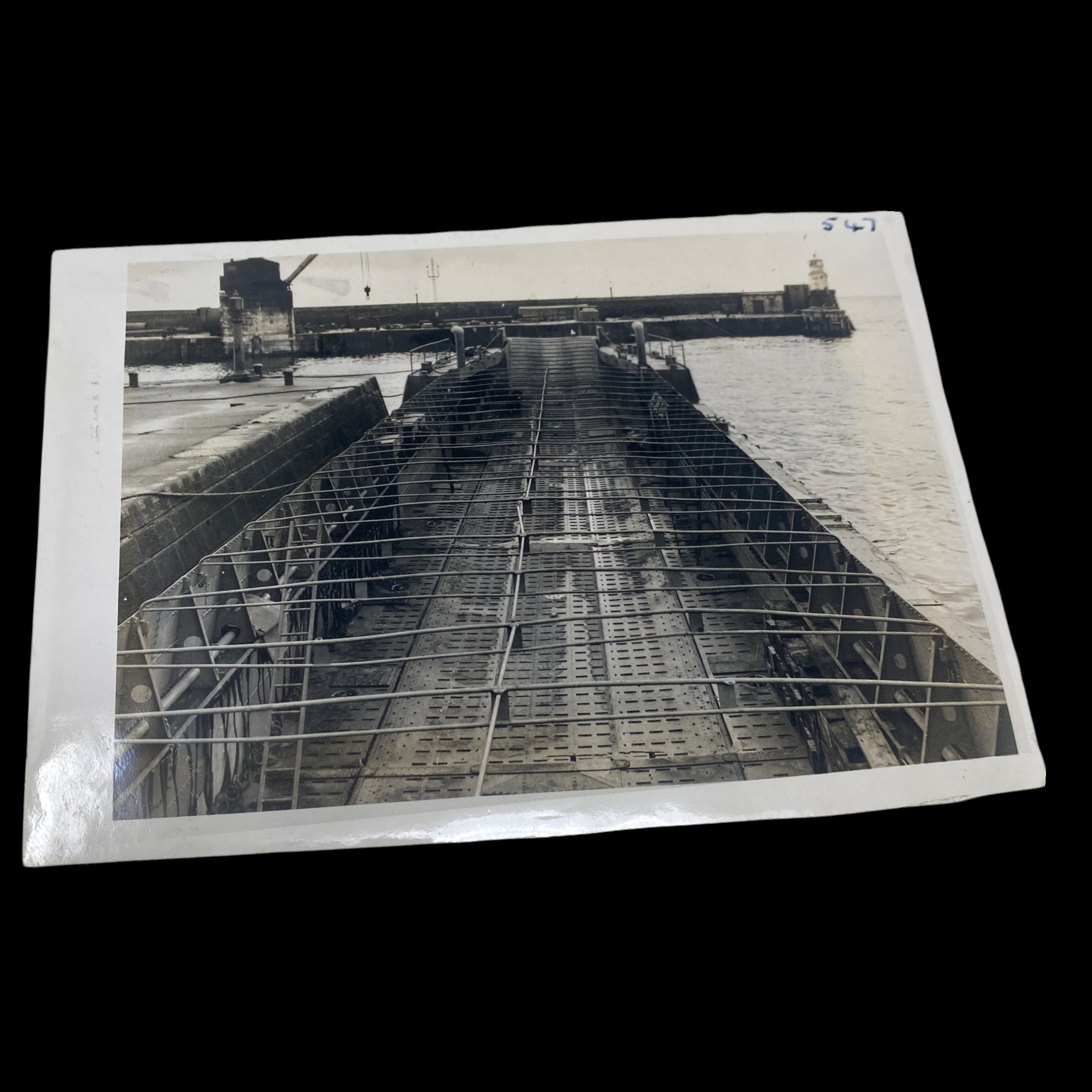
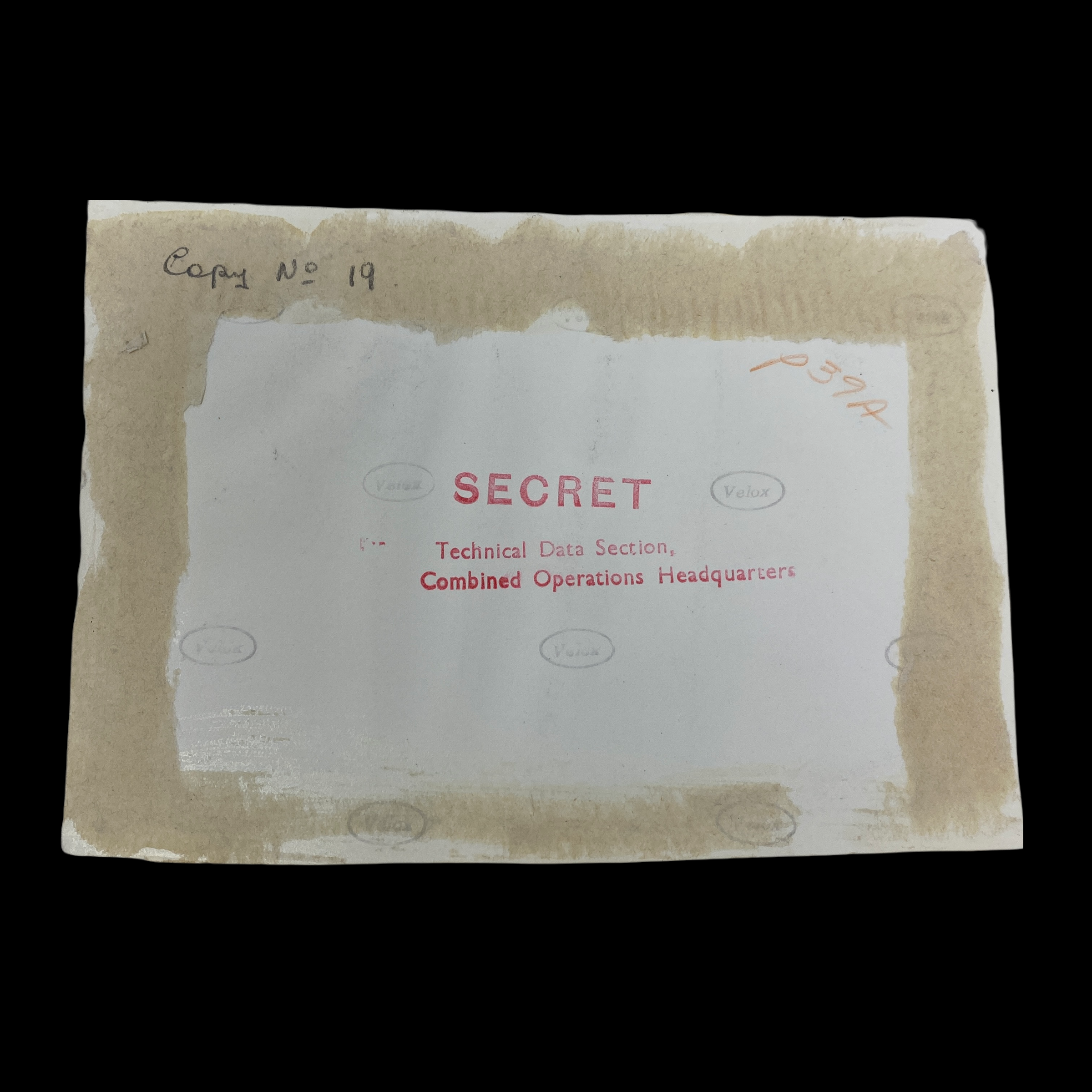
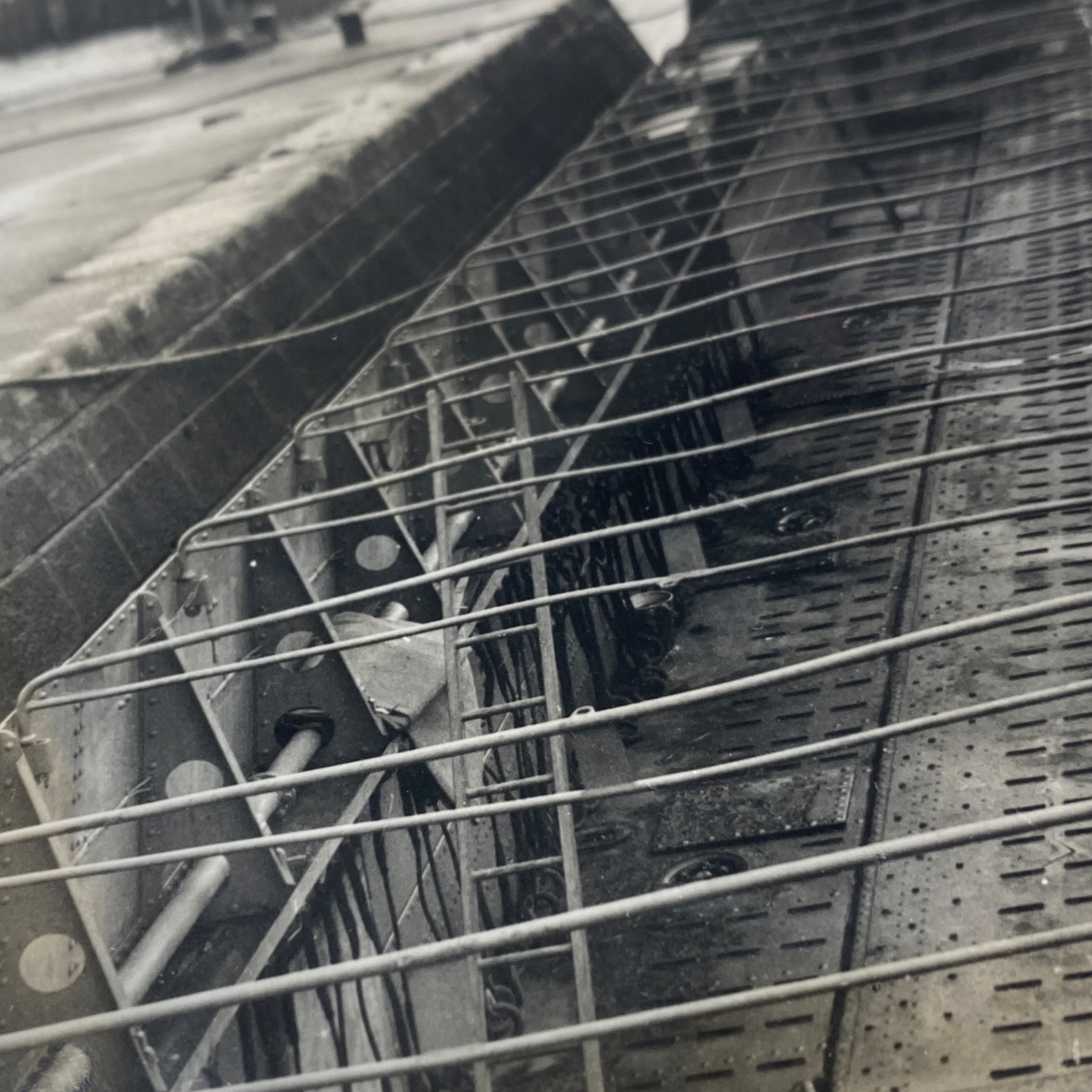

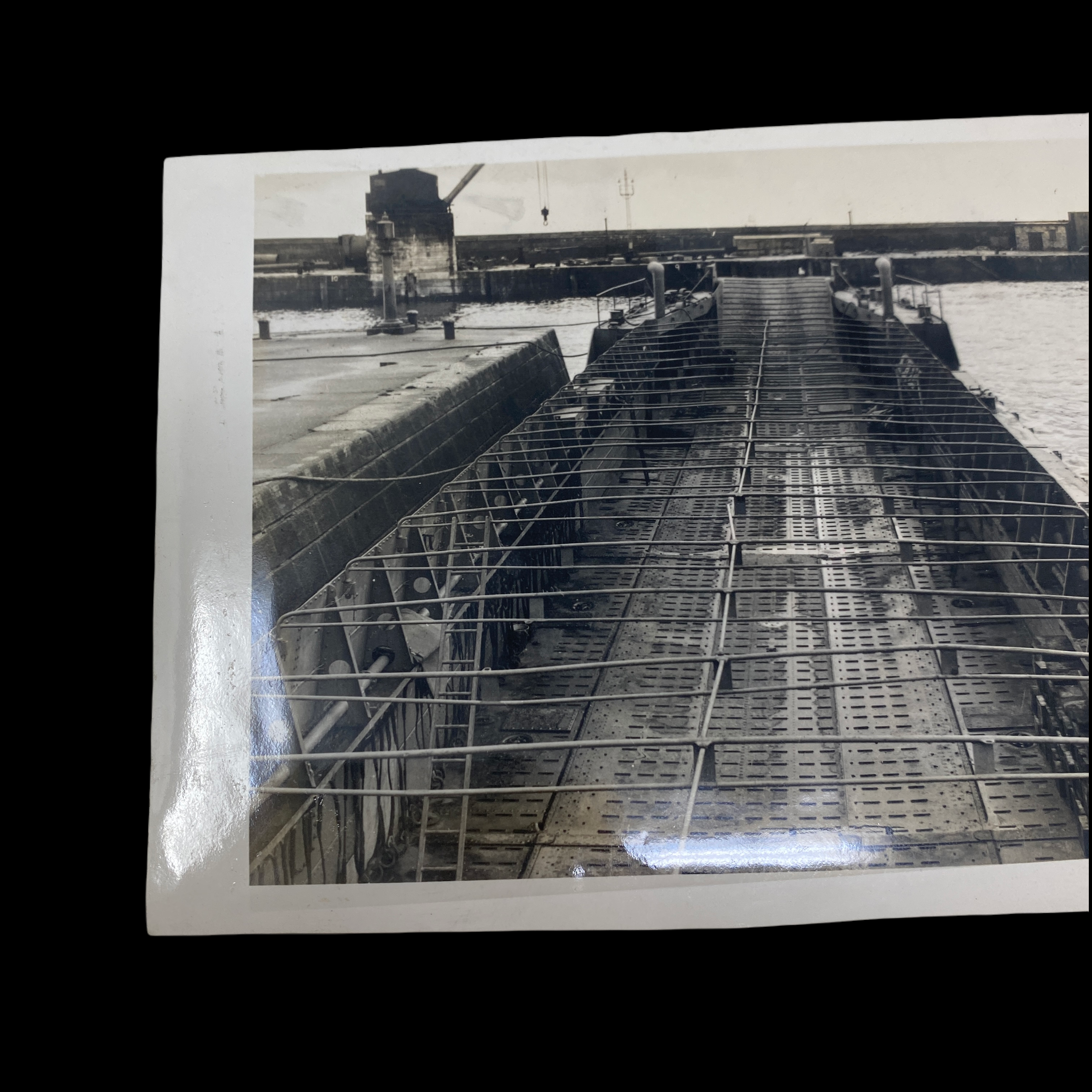
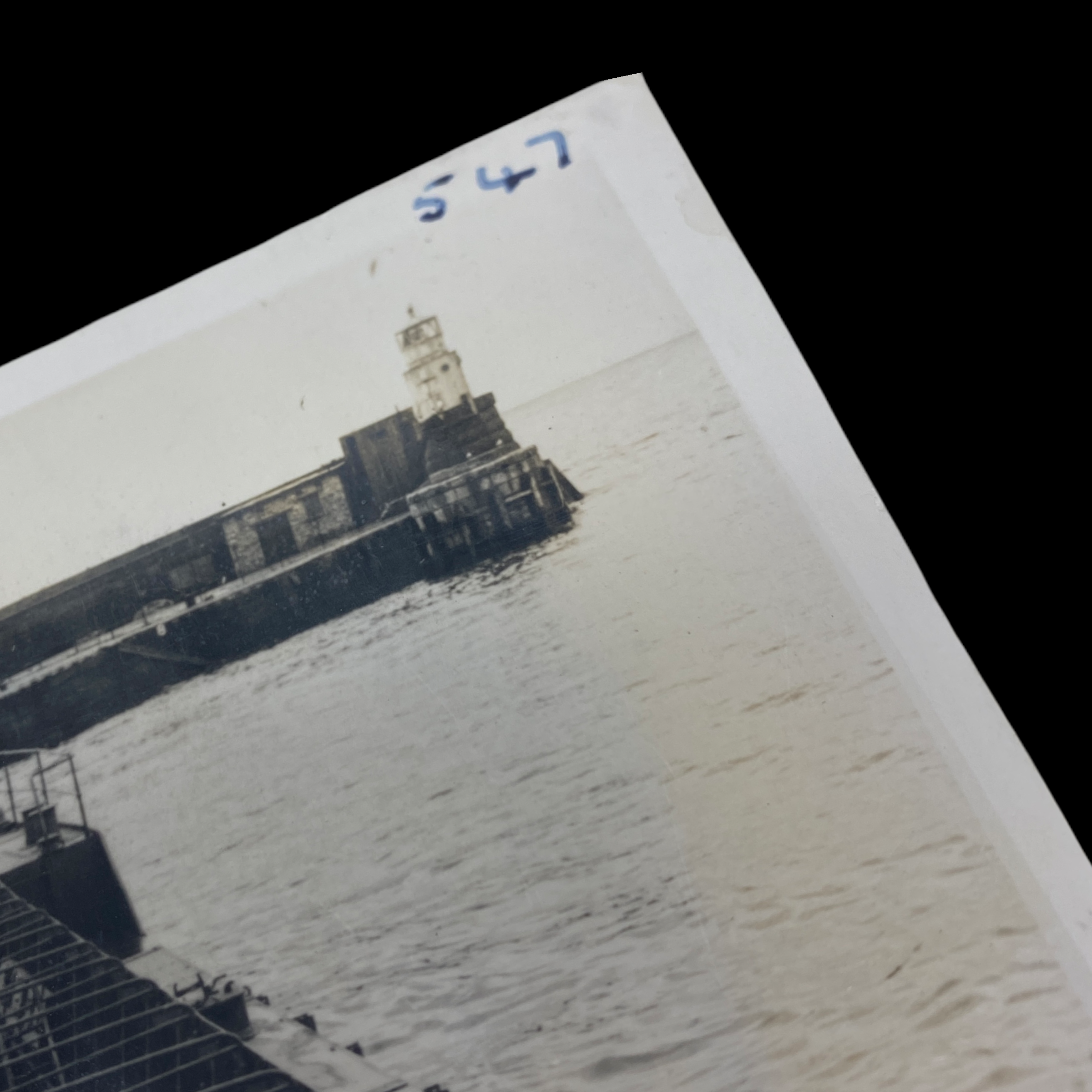

WWII "SECRET" LCT Combined Operations Headquarters Intelligence Photograph
This original World War II photograph is marked SECRET and comes from the Combined Operations Headquarters. During WWII the Combined Operations Headquarters was a department of the British War Office set up during Second World War to harass the Germans on the European continent by means of raids carried out by use of combined naval and army forces. It comprised background staff whose job was to plan operations and to develop ideas and equipment to harass the enemy in any way possible. It also covered all those who worked with landing craft up to and including the landing ships that were used in the various amphibious operations.
The COHQ was an unusual organization, whose service personnel were uniquely drawn from all three services. It had been set up by Churchill primarily to plan for offensive operations against enemy held territory, culminating in what would become known as the D-Day landings on the beaches of Normandy
LCT 537 as photographed is credited with one battle star during World War II in the Invasion of Normandy.
LCT-537 was part of Assault Group O-1, flotilla 19, a 8 LST flotilla commanded by Lt J.E. Barry USNR sent in on the first waves. As a tank carrier it was probably part of the wave of 32 specially adapted Sherman tanks that were to be landed that morning on the beach. In reality as they approached the shore under fire the obstructions blocked their path and apparently the pilot gunned the throttle by mistake, and the craft bounced over the wire and landed further up the shore. The LCT was tasked with trying to recover the wounded, once they had unloaded their cargo and this somewhat small flag was supposed to be flown from the bow doors and help minimize enemy fire. It is somewhat doubtful that this could have happened in the first 7 hours of the assault on Omaha beach, the cross fire from the cliffs being ferocious. There was in each crew a red cross complement and they would try to set up First Aid Stations in whatever cover was available on the beach, rescue the wounded were they had a chance, and get them back to hospital ships offshore.